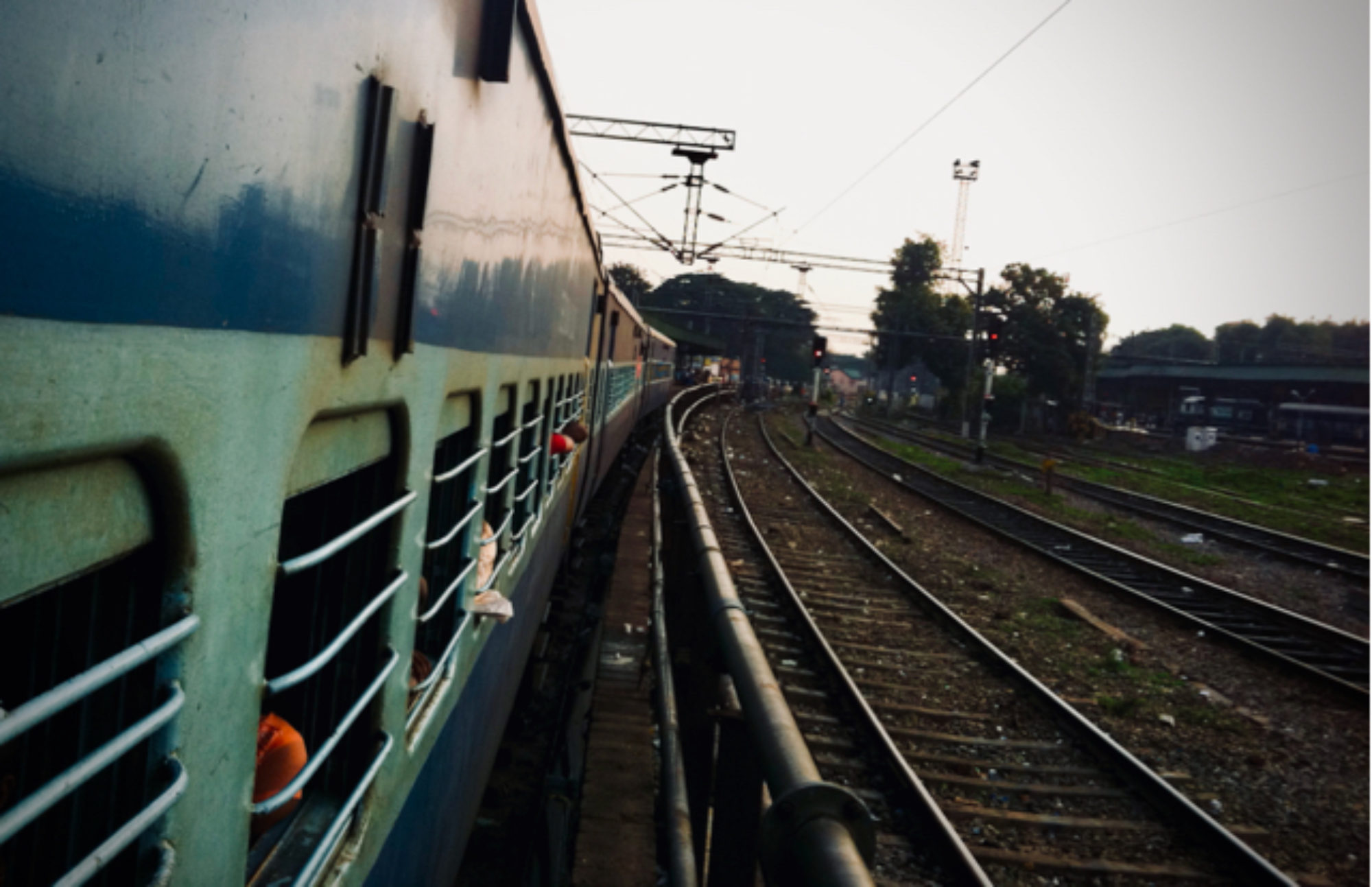Over the years, with the introduction of innovations like microcredit and mobile money, Financial Inclusion for the world’s poor has made significant strides. To continue this forward movement, players must look at different approaches to the problem and create innovative solutions while continuing to evaluate and support solutions already in place.
The Next Stage of Financial Inclusion by Dean Karlan on SSIR
In a perfect world, we would never have to think about finance. It would enable money to be in the right place for the right situation without effort or issues. This would require four conditions to be in place: enforceability of contracts, no transaction costs, perfect competition, and fully rational consumer behavior. These ideal needs are not met in their entirety anywhere, but the situation is especially challenging in developing countries.
These inefficiencies prevented financial markets from emerging in developing countries until the 1970s when microcredit changed the landscape of finance for the poor. The innovation lowered transaction costs for the lender and removed some of the information asymmetries that were barriers to lending. In its early stages, microcredit required exploration, risk, and subsidy. For that reason, donors and NGOs played a central role in building the movement.
As the business of providing microcredit has reached a stage of relative maturity, for-profit companies and investors are shifting into the space as NGOs are disengaging in order to focus on needs that the for-profit sector isn’t serving yet. This shift presents an opportunity for these NGOs to focus on further expanding access to financial services among the poor. But where do they begin? What will be the next stage of financial inclusion?
This article explores the three important roles that nonprofits can play in the financial inclusion arena that go beyond simply providing subsidies: serving the populations that for-profit institutions have little or no incentive to target, building trust between for-profit institutions and the populations they serve, and promoting innovation. By playing these roles, NGOS can enable financial markets to develop where they currently do not exist, and allow for for-profits to enter the markets that are created.
Financial Inclusion in Emerging Economies: The Debate by Rachel Banning-Lover on The Guardian
In a seminar in Washington DC last week a panel of International Finance experts discussed how to deliver affordable and accessible financial services to the most remote communities. The panel touched upon many key issues including the need to support new models of financial inclusion with better connectivity, prioritizing reaching remote communities, emphasizing access to credit for smallholder farmers, finding ways to scale, dealing with regulations, addressing poor infrastructure as a barrier and educating end-users.
What Human-Centered Design Means for Financial Inclusion by Yanina Seltzer and Claudia McKay on CGAP
Human-centered design (HCD) is a process built on learning directly from customers in their own environments. The process is relatively new to financial inclusion, and is helping financial providers to understand, create, evolve and test possible solutions in new ways. CGAP has experimented with seven such projects in eight countries. As a result, 175 financial product concepts and 30 prototypes were created. The biggest lesson learned from these projects was that integrating mobile money into the lives of the poor is going to be a challenge. Even the most innovative concepts can fail without an ecosystem designed around the needs of the customer. However, using HCD as a method for examining how financial services work for the poor is beginning to lead to many new ideas on how to combine the best of informal financial services with the strengths of mobile money.
New Here?
- Learn about what we do.
- Follow us on Twitter.
- Like us on Facebook.
- Join us on LinkedIn.
- Add us on Google+.
- Sign up for our mailing list.
- Catch up on past Weekly Reviews.
- Fundraising for a mobile tech, alternative energy, or ag tech startup? Apply.
